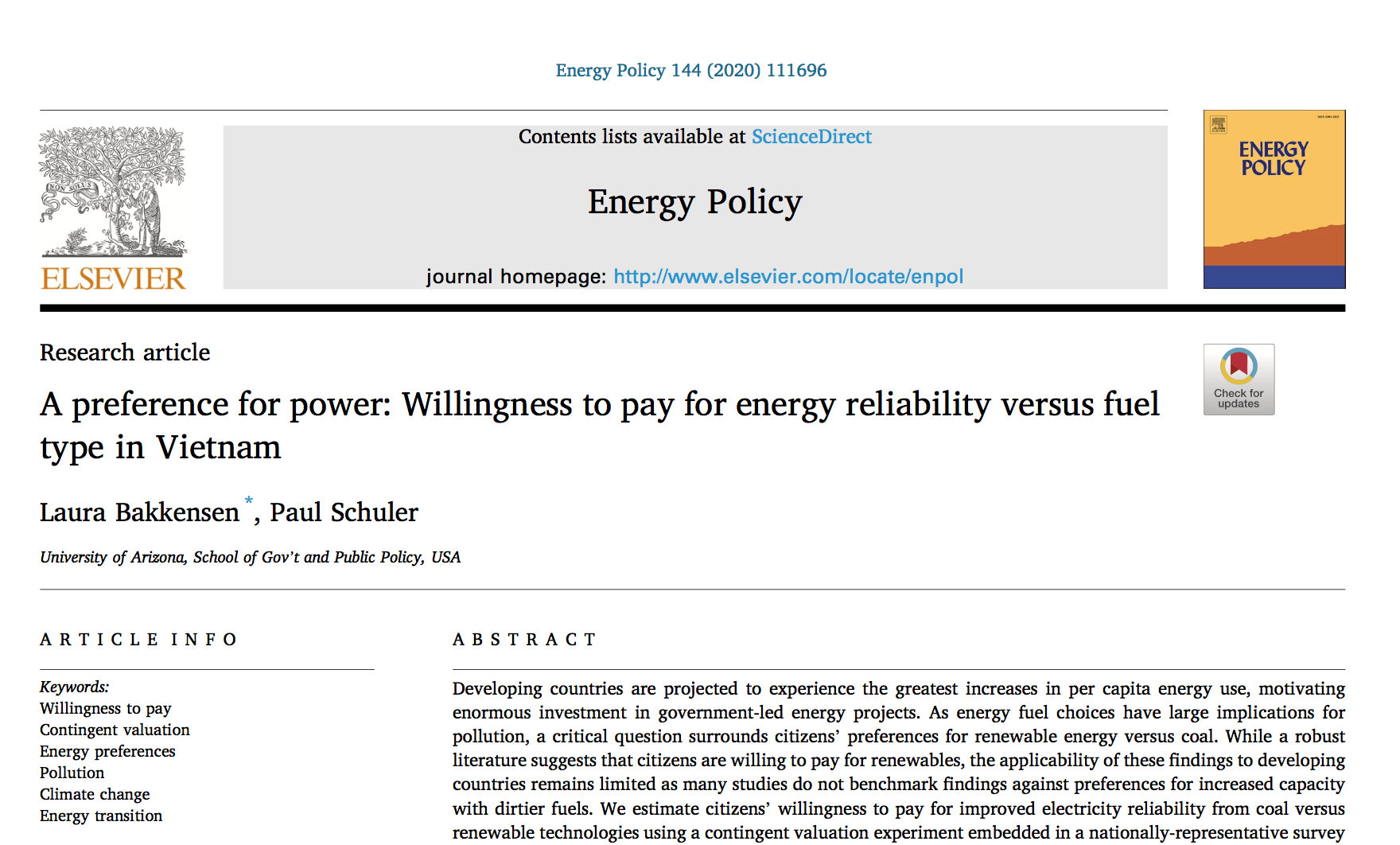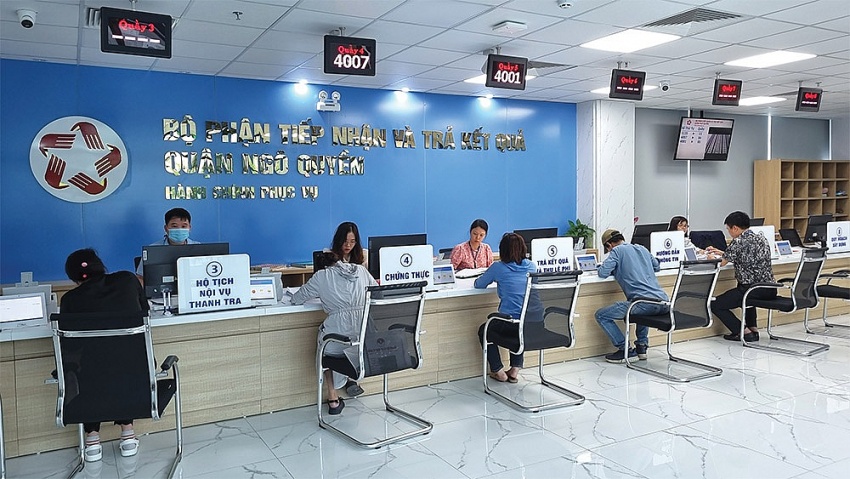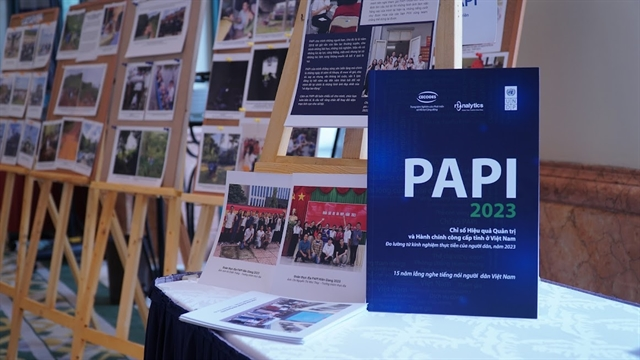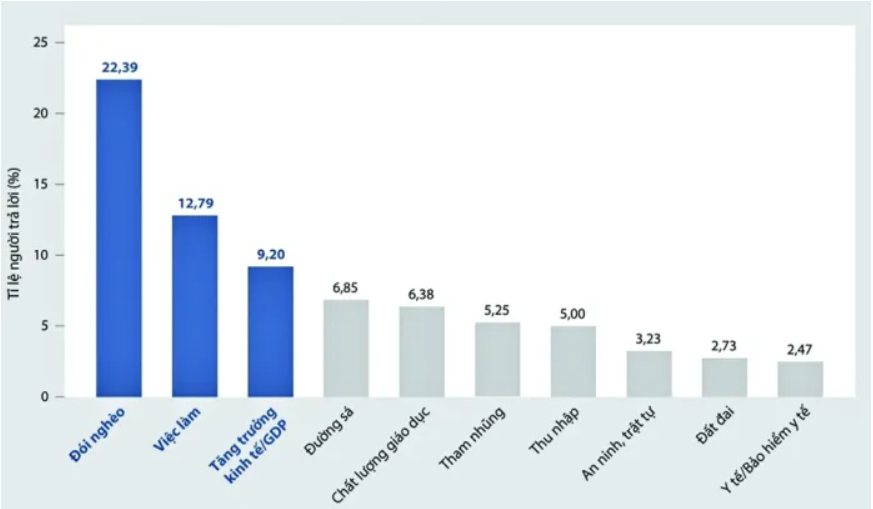-

-
About PAPI
-
PAPI Indices
-
Provincial Profiles
- An Giang Ba Ria-Vung Tau Bac Giang Bac Kan Bac Lieu Bac Ninh Ben Tre Binh Dinh Binh Duong Binh Phuoc
- Binh Thuan Ca Mau Can Tho Cao Bang Da Nang Dak Lak Dak Nong Dien Bien Dong Nai Dong Thap
- Gia Lai Ha Giang Ha Nam Ha Noi Ha Tinh Hai Duong Hai Phong Hau Giang Hoa Binh Hung Yen
- Khanh Hoa Kien Giang Kon Tum Lai Chau Lam Dong Lang Son Lao Cai Long An Nam Dinh
- Nghe An Ninh Binh Ninh Thuan Phu Tho Phu Yen Quang Binh Quang Nam Quang Ngai Quang Ninh Quang Tri
- Soc Trang Son La Tay Ninh Thai Binh Thai Nguyen Thanh Hoa Thua Thien-Hue Tien Giang TP. Ho Chi Minh Tra Vinh
- Tuyen Quang Vinh Long Vinh Phuc Yen Bai
-
PAPI Data
- Library
- Initiatives
- News
-
Q&A










